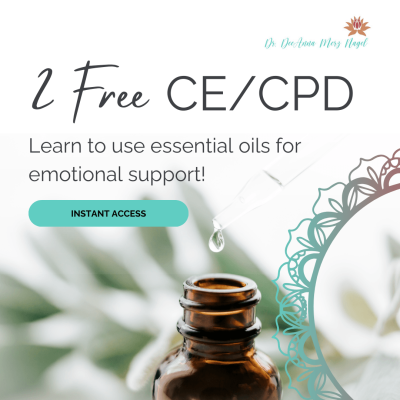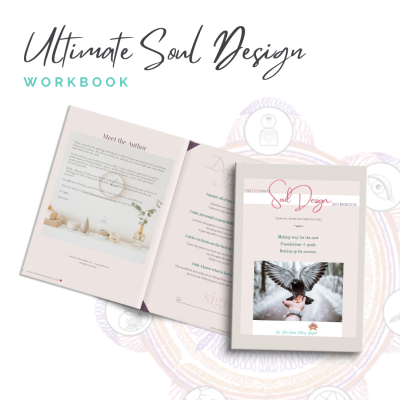
Affiliate and Multi-Level Marketing opportunities have become part of the online business culture. Everyone has something to sell! But for some practitioners, the question about ethics comes into play…
First, what is the difference in affiliate marketing and network marketing (Multi-level Marketing)?
Affiliate Marketing
Affiliate marketing is typically pursuing commissions from products you are affiliating yourself with. This is typically single level commissions meaning you make money if the customer buys but if the customer sells, you do not make anything. It is also typically non residual creating (although sometimes you can find affiliate offers that have a small residual)..
Network Marketing
With Network Marketing/Multi-Level-Marketing you are affiliating yourself with a product/company and you have the ability to earn multiple levels of commissions and this is useful for creating a residual income.,
The ethical rub happens when a practitioner sells to a client. For instance, a licensed mental health therapist who practices wellness coaching and offers a line of vitamin and herbal supplements as part of the client-therapist relationship may be violating professional ethics or the law. In the case of network marketing, the client who purchases from the practitioner may actually be seen as entering into a business relationship with the practitioner because in most network/MLM organizations, the people who sign up “under” a person to purchase products (this is referred to as the person’s downline) receive mentoring and motivational business tips from their “sponsor.”,
Using Essential Oils with Coach or Therapy Clients
Another example is a practitioner who uses essential oils in the office or practices aromatherapy techniques.. Most aromatherapists align themselves with a particular “brand” of essential oils and some of the most popular and quality essential oil products are MLM businesses. The client may desire to purchase the item that the aromatherapist is using. Depending on one’s particular license and/or ethics code, if the client signs up as a customer this arrangement may be defined as a dual relationship. A dual relationship is not always avoidable or unethical but the key in determining whether or not the particular dual relationship is unethical is to ask whether or not the arrangement creates undue influence from the practitioner to the client or causes the client to be exploited in any way.
Be sure your client is informed.
If a practitioner practices a modality that may include product resale, the practitioner must be sure undue influence is avoided and that the client is not be exploited. For instance, a practitioner who simply uses the oils (lavender is common) as a calming scent in the office may say, “I have the oils available for sale on my website” to a client who asks. Or, “I have several books available on aromatherapy at my website.” In the first case, this may be a banner to click through to an online store to purchase oils and the practitioner receives a percentage of the sale as an affiliate or referral fee. Or the banner may click through to a website where the client can purchase as a retail customer or be directed to become a member or distributor. In the latter case, this places the client in a dual relationship with the practitioner since the client has now entered into a business arrangement. Granted, some people become members or distributors to be able to buy the product at a discount and have no intentions of creating a business or recruiting other members/distributors. In the second case, the books may be linked on the practitioner’s website through Amazon because the practitioner is an Amazon Associate (affiliate) and receives a small percentage if a book sells.
Be sure if you are a distributor of products or you offer products through an affiliate arrangement, that these affiliations are made clear to the client during informed consent. As someone who is a distributor through an MLM that sells essential oil products, I refrain from selling the product to my psychotherapy/counseling clients. If an inquiry is made, I refer them to the main company website so that the client does not end up in my downline. My purpose for being in the essential oils business is part personal and part professional. Even though a person may like the scent in my office and inquire about purchasing, I refrain from selling directly to clients. But each practitioner is responsible for checking with the laws and ethics of their profession to ensure no violations occur.
Coaching Ethics
Coaches and CAM Practitioners generally have more flexibility. Even so, informing a client of any interest you may have with a product or service is good business practice. Here is the relevant information from the ICF (International Coach Federation) Code of Ethics: .
10) I will disclose to my client and his or her sponsor all anticipated compensation from third parties that I may pay or receive for referrals of that client.
11) I will only barter for services, goods or other non-monetary remuneration when it will not impair the coaching relationship.
12) I will not knowingly take any personal, professional or monetary advantage or benefit of the coach-client relationship, except by a form of compensation as agreed in the agreement or contract.





